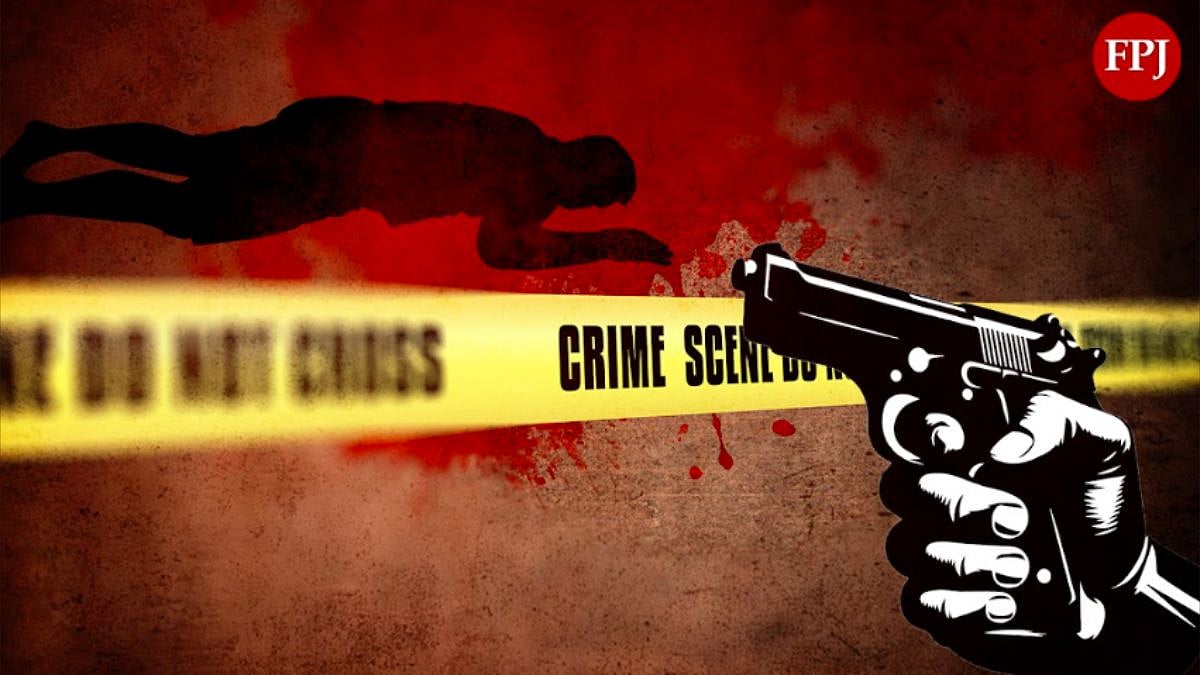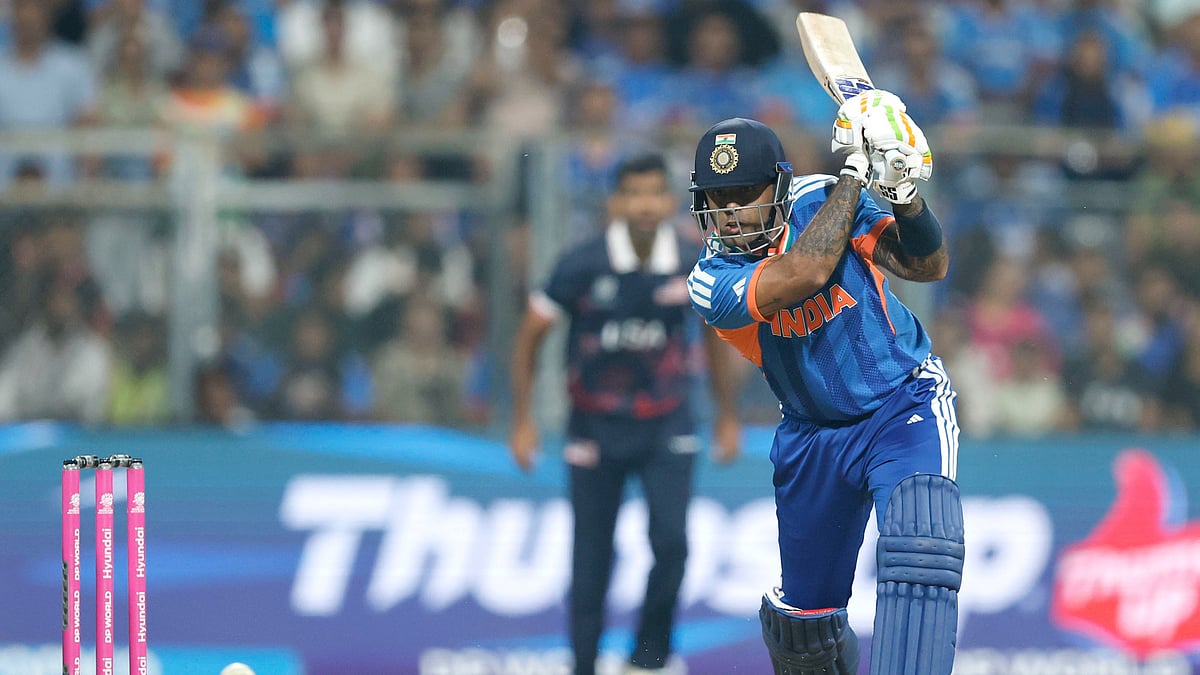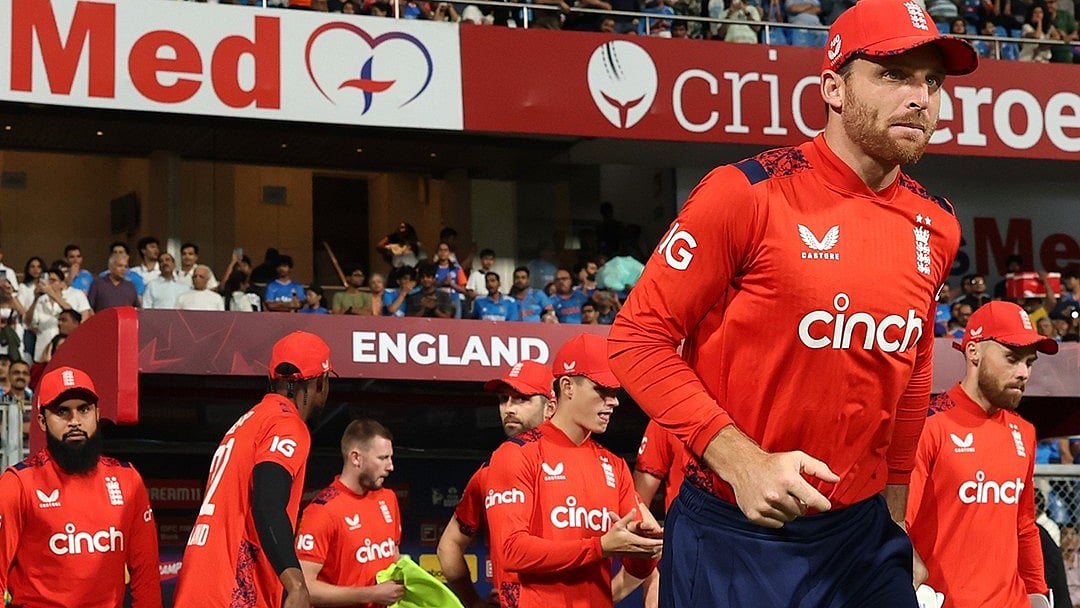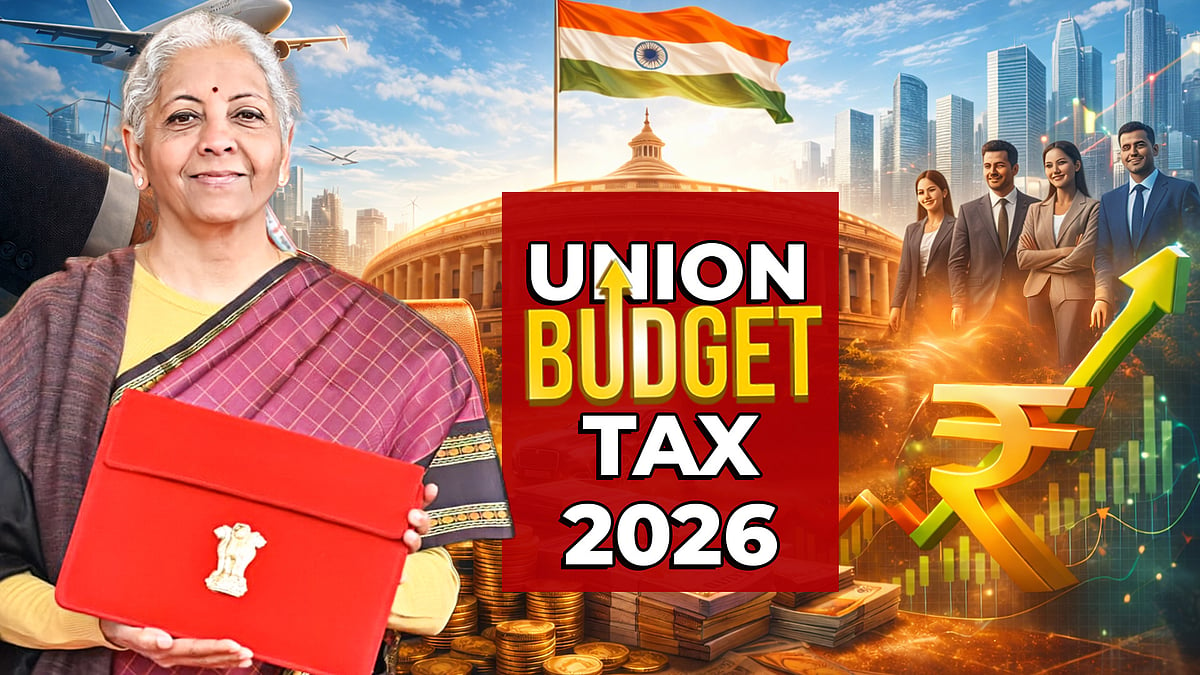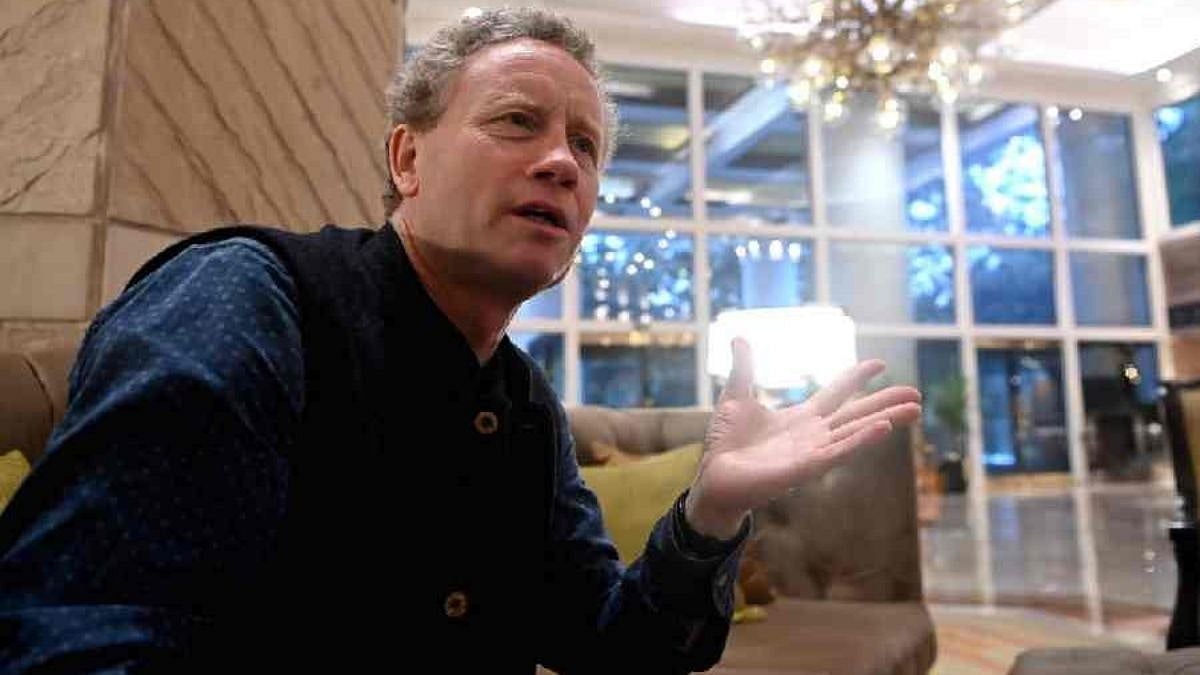The Atiq Ahmed saga in Uttar Pradesh captured headlines for weeks. Apart from the drama of his murder and the events preceding it, the case focuses attention on criminalistion of politics in India.
There are many things wrong with our dysfunctional democracy. But rampant criminalisation of politics — and many lawbreakers getting elected as lawmakers — exposes the soft underbelly of our political system. However, we need to define the problem sensibly and analyse the causes of criminalisation systematically if we are to curb it effectively.
There are many persons with serious criminal history who are playing major roles in our public life. Atiq Ahmed’s political career is illustrative; he was elected to the UP Assembly five times, and to Lok Sabha once. Even more strikingly, in a milieu in which independent candidates rarely emerge as serious contenders for elective office, he was elected thrice to the UP Assembly as an independent. The disclosure of candidate details now in place does not distinguish between serious criminal charges and relatively minor cases like violation of prohibitory orders in political agitations. Destructive and obstructive forms of protest are not acceptable in a democracy with political freedoms and right to vote. However, loud, obstructive, sometimes violent protests have become the staple of our democracy. Including all such cases registered in political protests in analysing criminality of politics serves no useful purpose. Some sources claim that over half (more than 2500) of our elected legislators have a criminal record; if you include former legislators the number exceeds 4400. If you exclude cases relating to agitations, probably about 10% of our legislators have a criminal record; and that is a grave crisis that needs to be addressed.
Three questions need to be posed and answered if we are to curb criminalisation of politics. The first question is, why are persons with a serious criminal record accorded respect and honour in society? It is not an exaggeration to say that there is a market demand for criminals in our society. With over 40 million cases pending in courts, most of them for years and decades, people have lost faith in the formal justice system. Our justice system has become moribund and ineffective, no longer capable of resolving disputes or punishing criminals in a credible and speedy manner. More than the pendency, the ‘missing’ civil cases, which never reach courts for want of faith in judicial process, are increasing alarmingly. Most people swallow injustice, and suffer silently.
There is no reasonable chance of reparation for violation of rights, or speedy and fair resolution of disputes. As a result, going to courts makes no sense except in extreme cases, or when the litigant is rich, or is actually seeking to delay a case. Such a climate breeds a class of criminal ‘entrepreneurs’ who provide rough-and-ready justice for a price through real or implied use of force. These ‘bhai log’ or mafias or criminal gangs thrive primarily by settlement of disputes. They have become the undeclared, but effective, informal courts with the capacity to enforce their ‘diktats’ by brutal methods. Most criminals in politics started their careers as dispensers of rough justice, and flourished by settlement of disputes for a price.
The second question we should address is why successful criminals seek political office at the risk of facing public scrutiny? The answer lies in the political control of police, and influence over crime investigation. Normatively crime investigation is supposed to be impartial, and police are expected to act independently without fear or favour. But in reality, transfers and postings are entirely controlled by elected politicians. Often, police officials who act impartially and independently are shunted out; very soon the police get the message, and generally comply with the wishes of their political masters. Some end up being even more loyal than the king, and anticipate the wishes of politicians without even being asked. On top of it, the governments have formal powers of dropping charges and prosecution, and such powers are exercised to protect their favoured criminals and to harass opponents. Given this situation, it makes abundant sense for a criminal to become a politician: he will then escape the clutches of law; he even controls the crime investigation process to his advantage, and often punishes his rivals.
The third question is, why do major parties nominate criminals as their candidates for election? The answer lies in our electoral system and political culture. In our elections, candidates who can spend vast sums to distribute money and gifts to voters have a great advantage. In a society where people are often mobilised for votes on caste and community lines, the caste identity of the candidate is very important. Look at the political drama unfolding in the Karnataka Assembly elections right now; and you will see the power of money and caste in our politics. On top of these, candidates with a loyal team of political workers or henchmen have great advantage in elections. An established criminal brings all these three advantages in elections: he made tons of money settling disputes and earned people’s ‘respect’ and recognition; almost always crime lords who become ‘netas’ have deliberately identified themselves with a caste or community; and by definition crime lords have loyal henchmen and musclemen organising political activities for their bosses. Given the vagaries of the first-past-the-post system, parties and top leaders are desperate to court ‘strong’ and ‘winnable’ candidates, at the cost of honourable and desirable leaders in the public domain.
Criminalisation is not a cause of decline in our democracy; it is a consequence of our failings. We should punish the criminals and weed them out from electoral politics. But the real answers lie in making our justice system work for the ordinary people, reforming crime investigation and prosecution, and reforming our electoral system to make honest, competent, public-spirited citizens electable. Anything else is mere shadow-boxing.
The author is founder of the Lok Satta movement and Foundation for Democratic Reforms. Email: drjploksatta@gmail.com / Twitter @jp_loksatta

